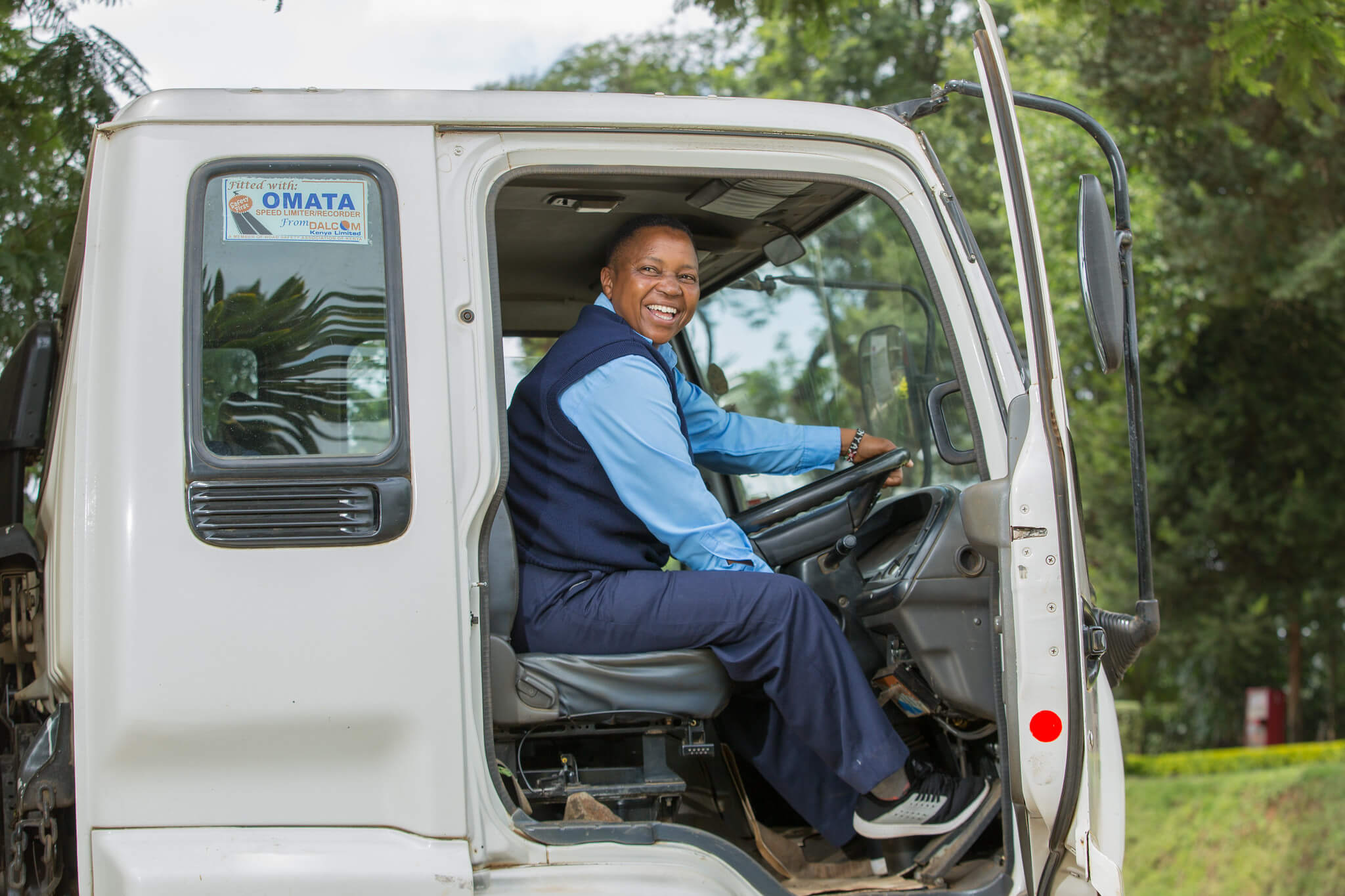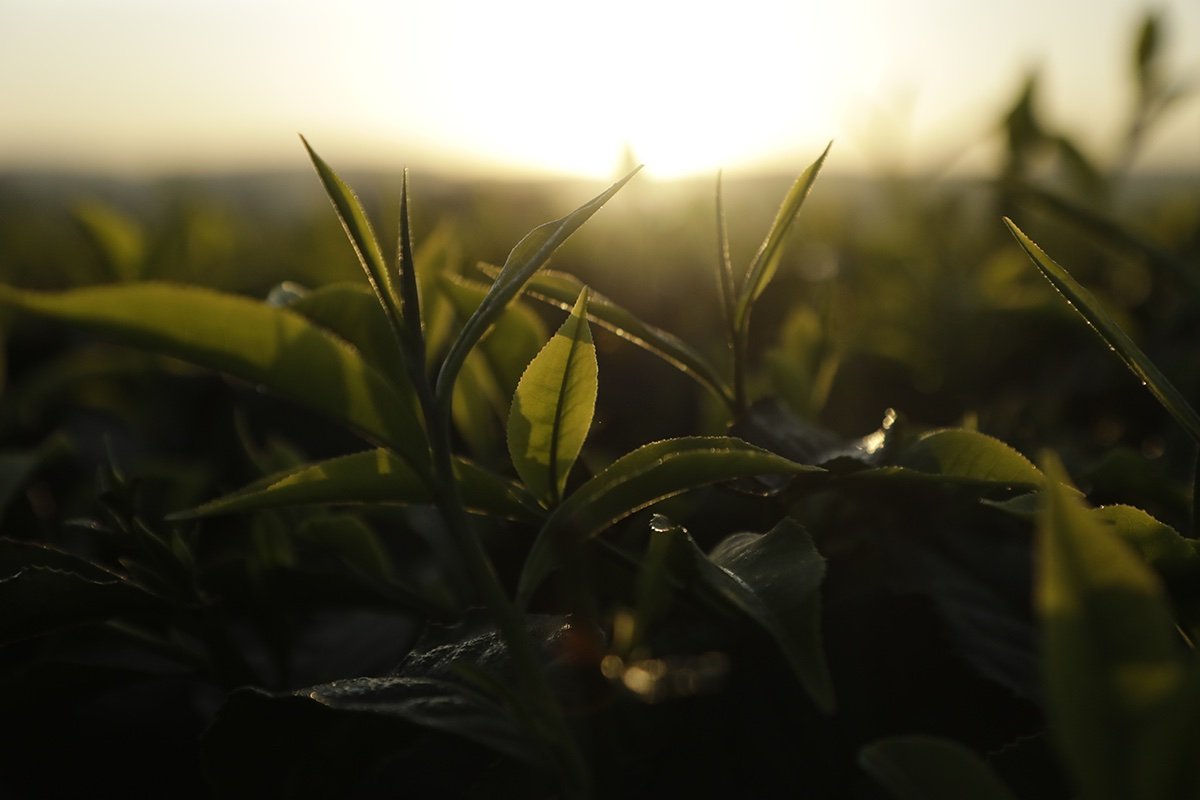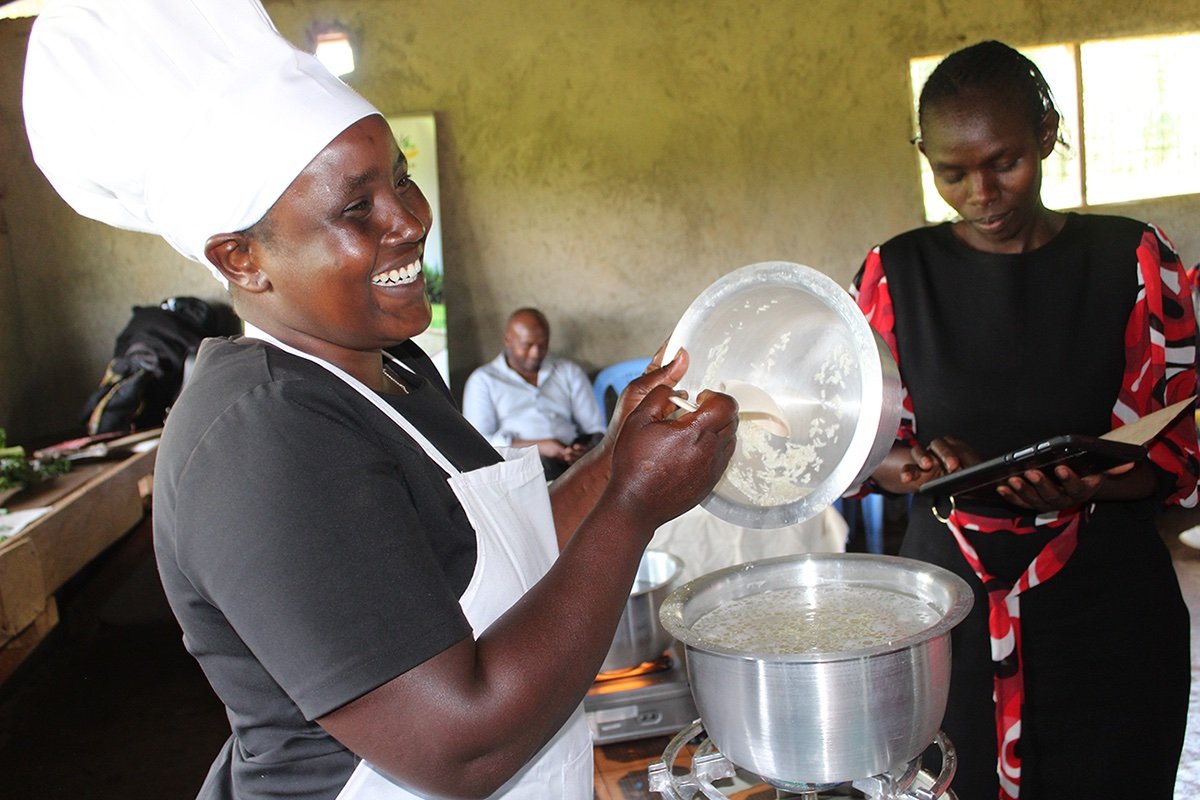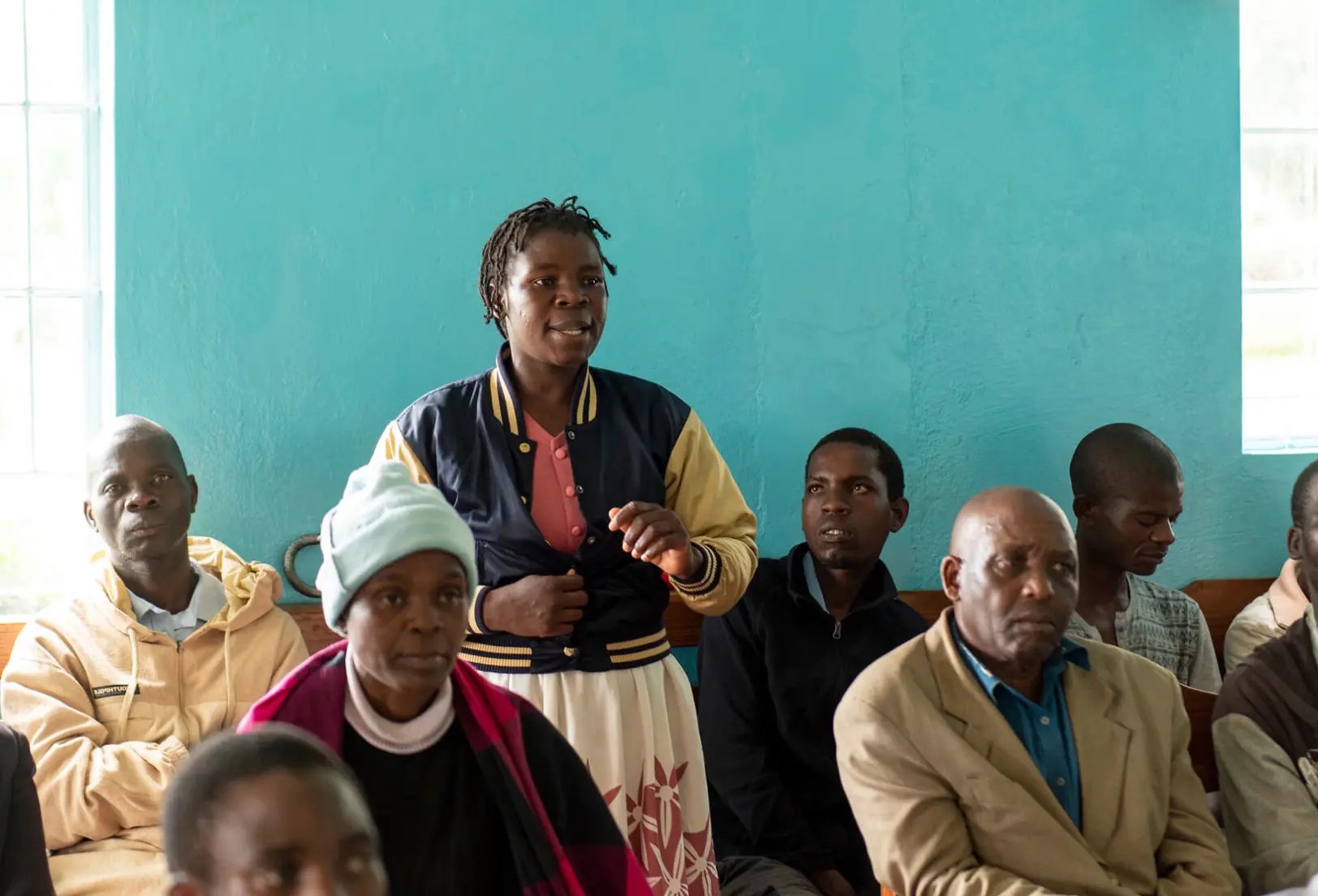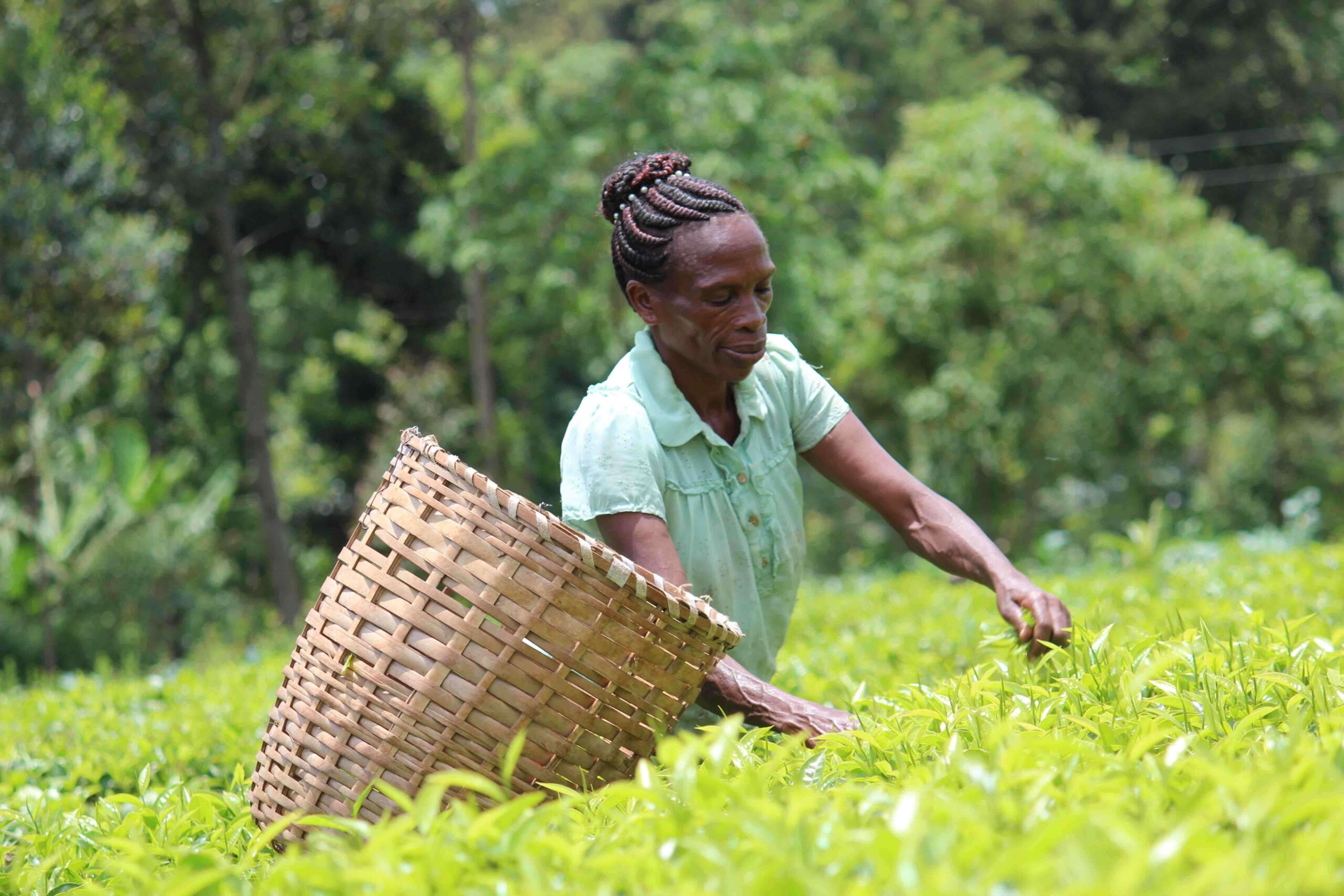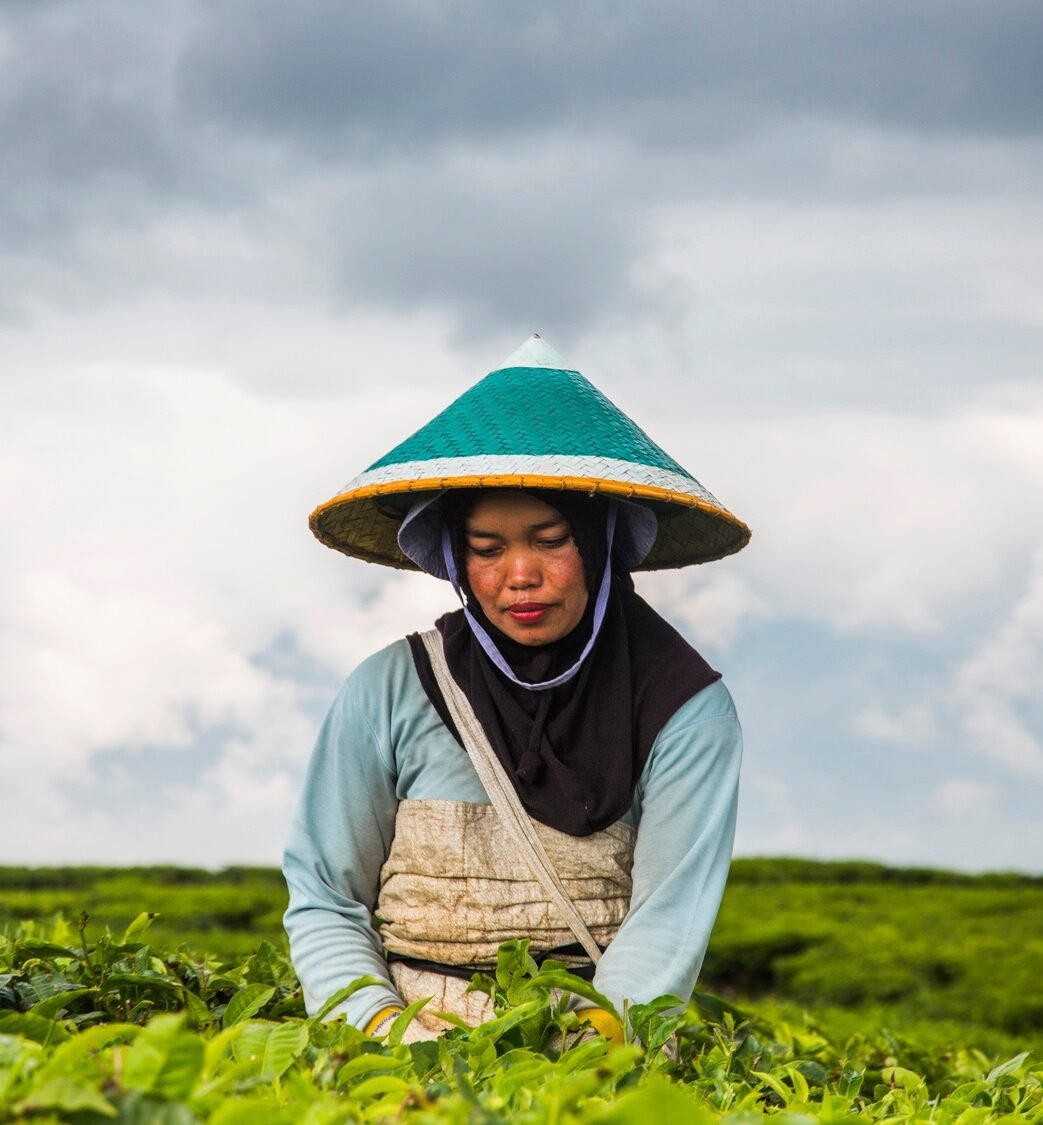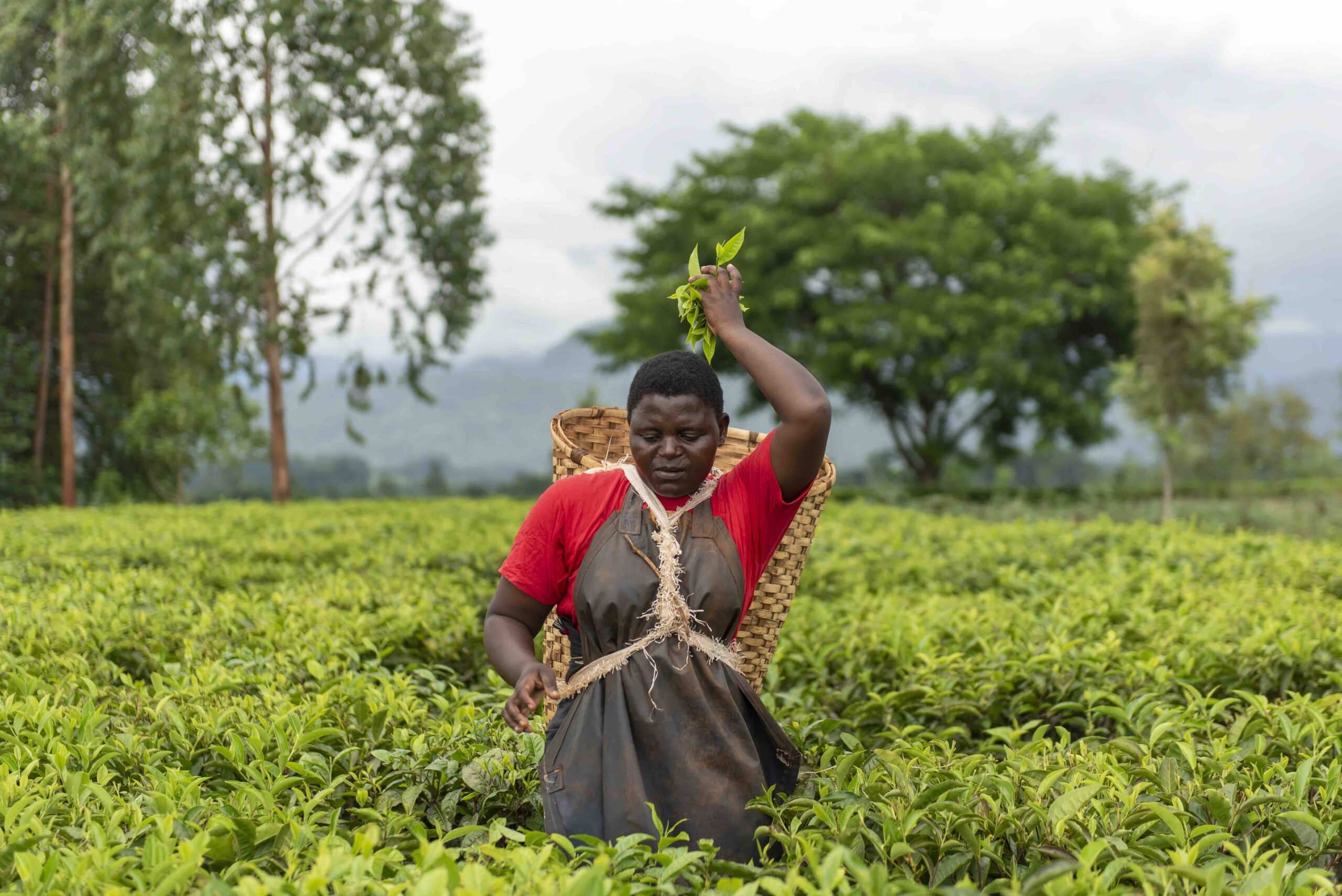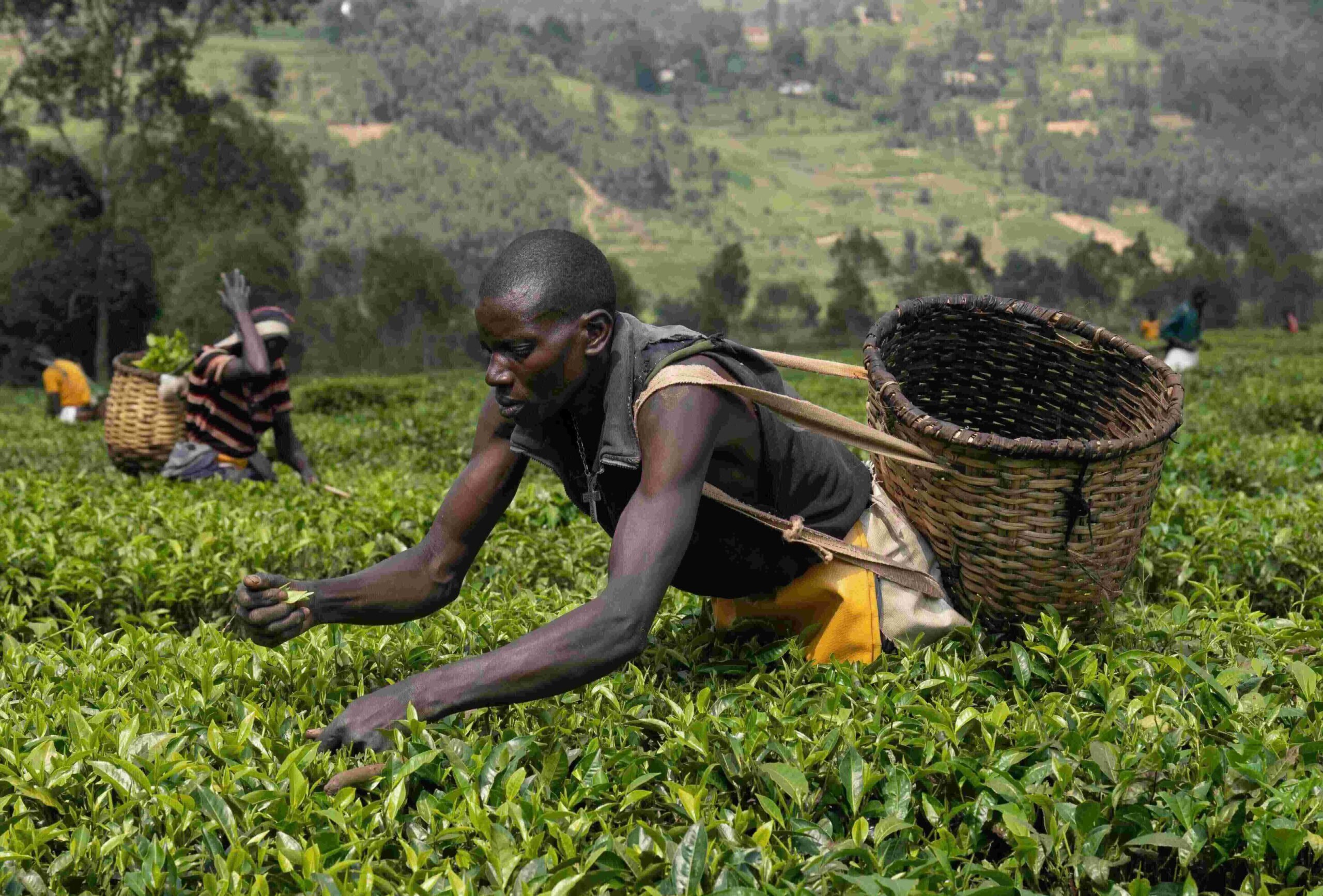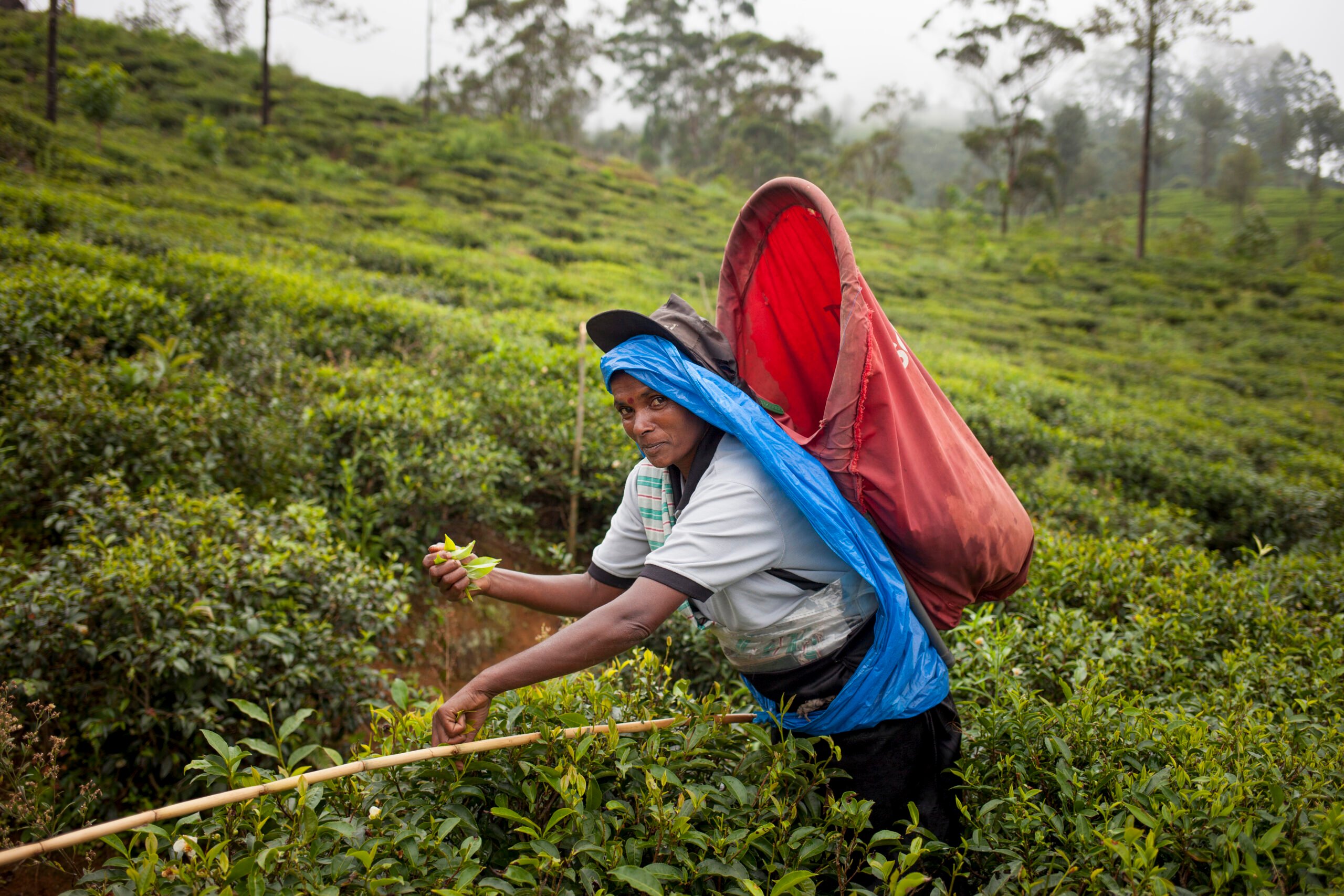Facts & figures
Economics
95% of smallholder farmers cannot earn a living income from tea alone in Kenya.
Equality
Nearly 40% of women in Kenya have experienced gender-based violence.
Environment
Fuelwood is the primary energy source for processing tea in Kenya, contributing to deforestation.
Regional priorities
Projects
ETP’s projects aim to empower women, address gender-based violence, and work towards a low carbon tea sector.
Private sector change
ETP explores options for mechanisation in Kenya and approaches that can be piloted to reduce its adverse impacts.
Policy
In 2023, ETP is completing a legislative and policy review and action plan to guide ETP’s policy work in Kenya.

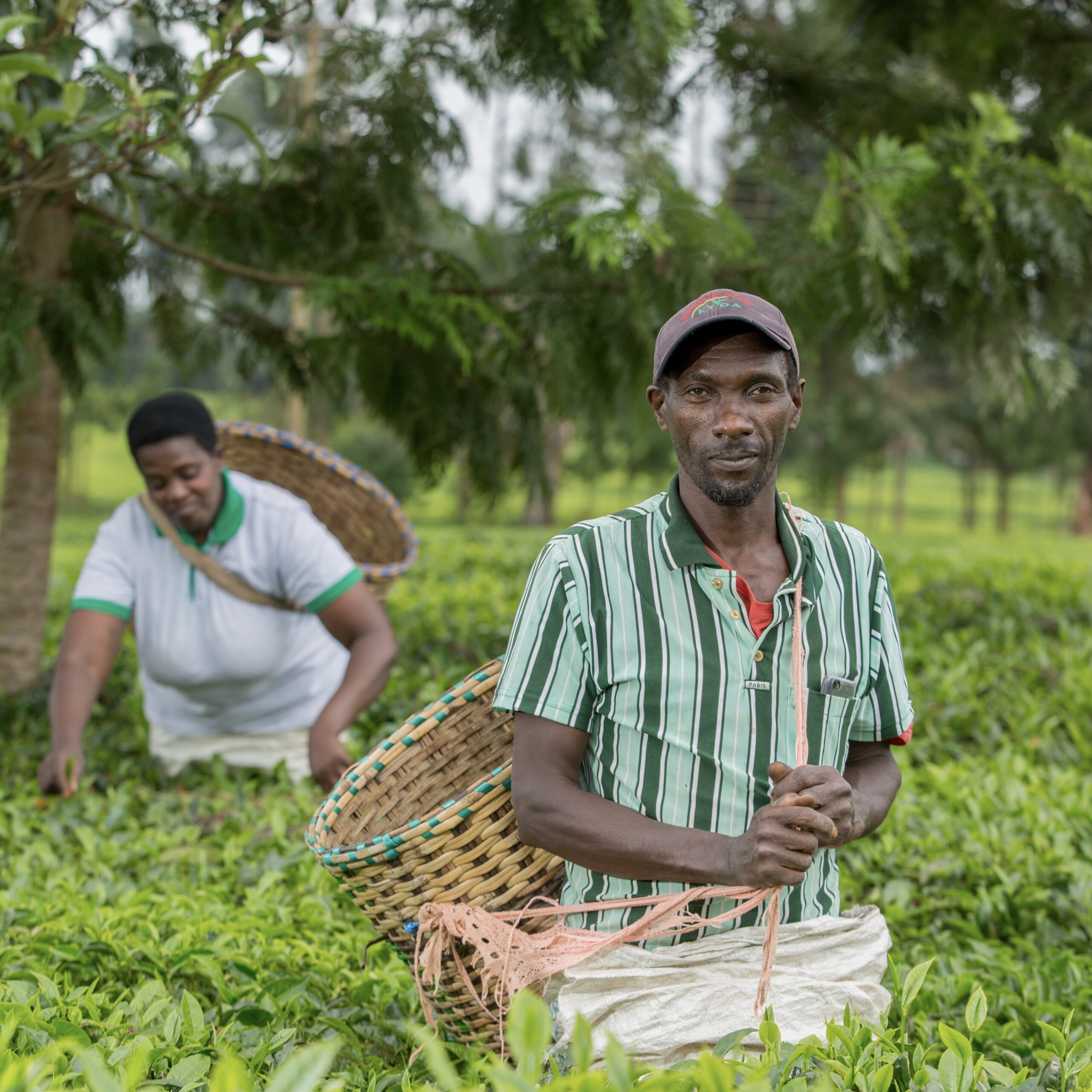

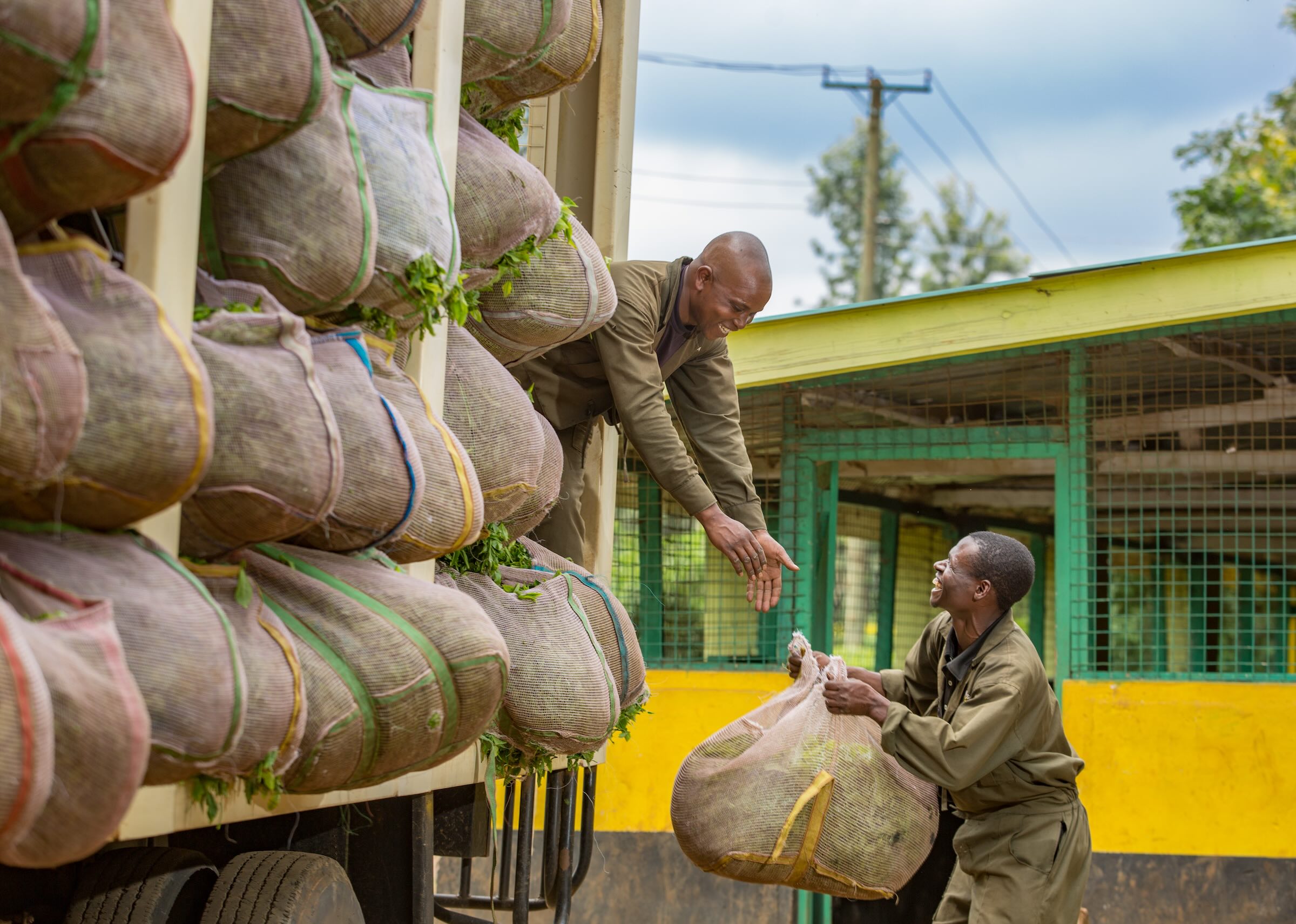
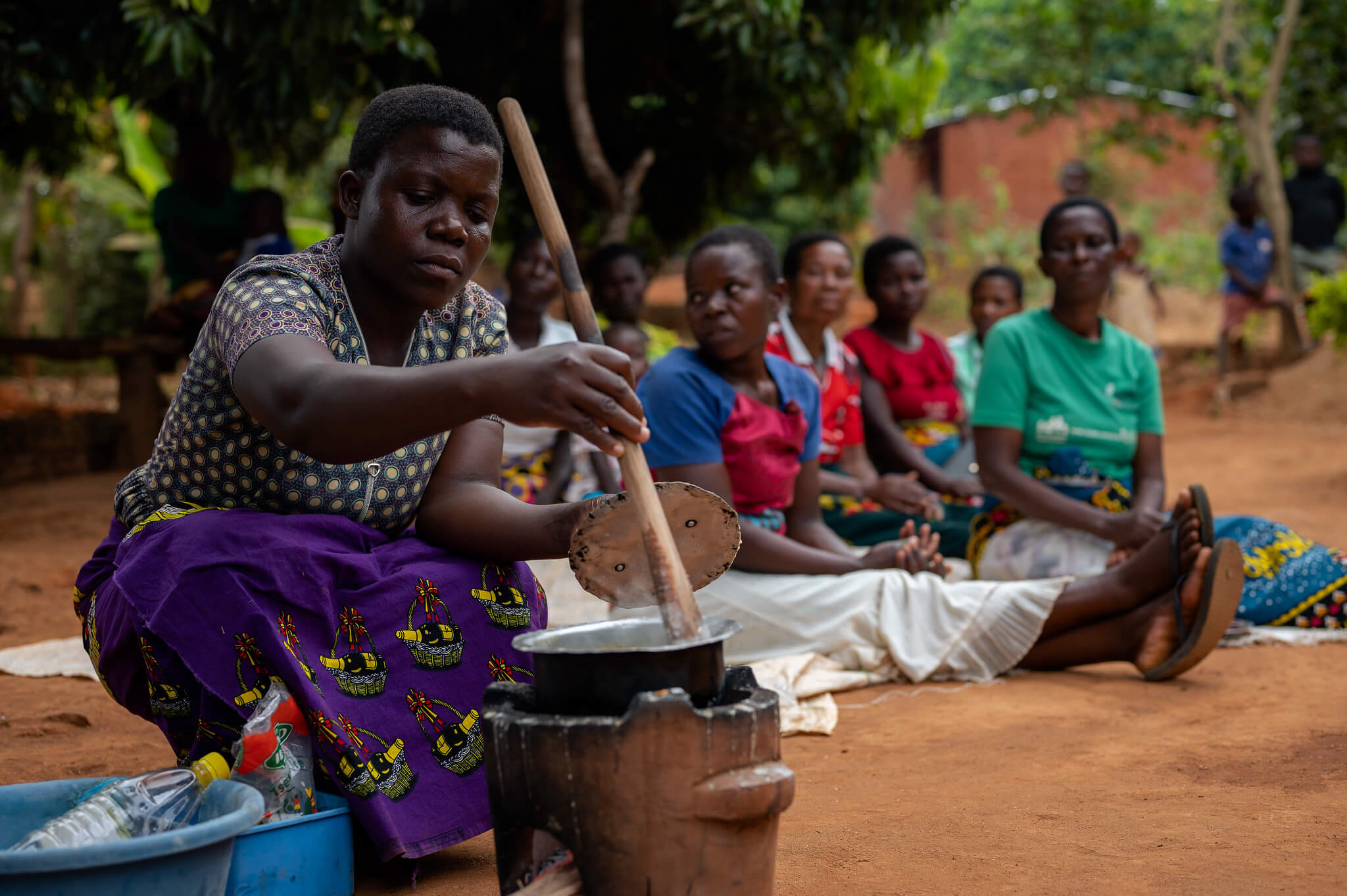
![Durah [name changed to protect her identity], 39, works as a supervisor on several tea estates in Kenya and is a smallholder farmer herself. Image: Rehema Baya / ActionAid](https://shk7ecqj.cdn.imgeng.in/wp-content/uploads/2023/10/Empowering-Tea-Communities-in-Kenya-1.jpg)
